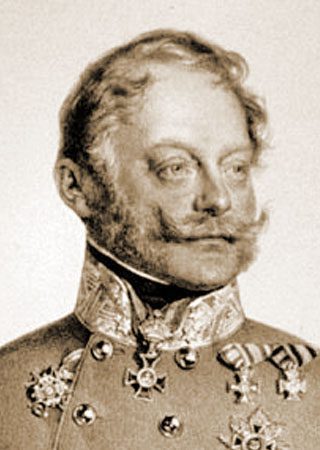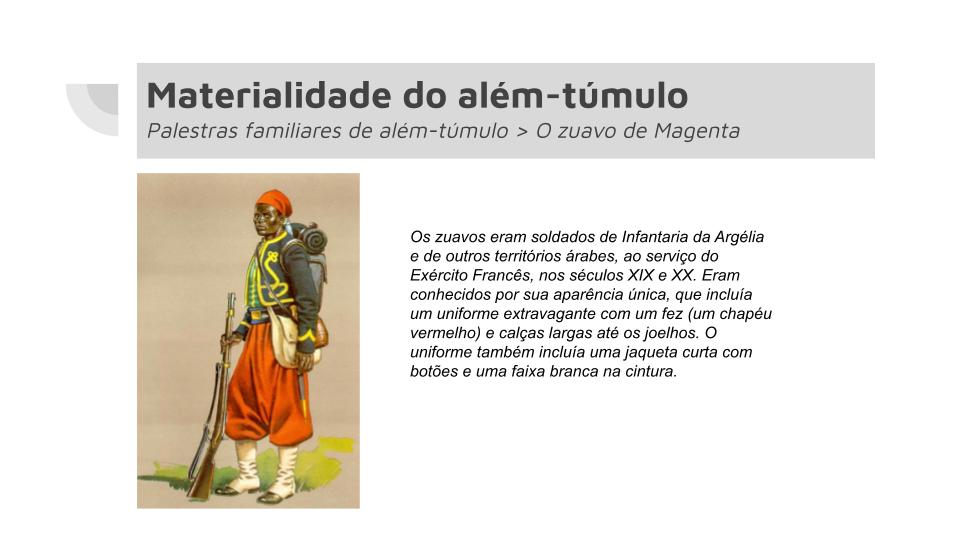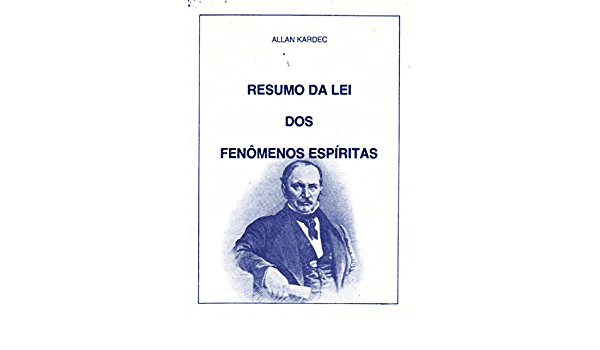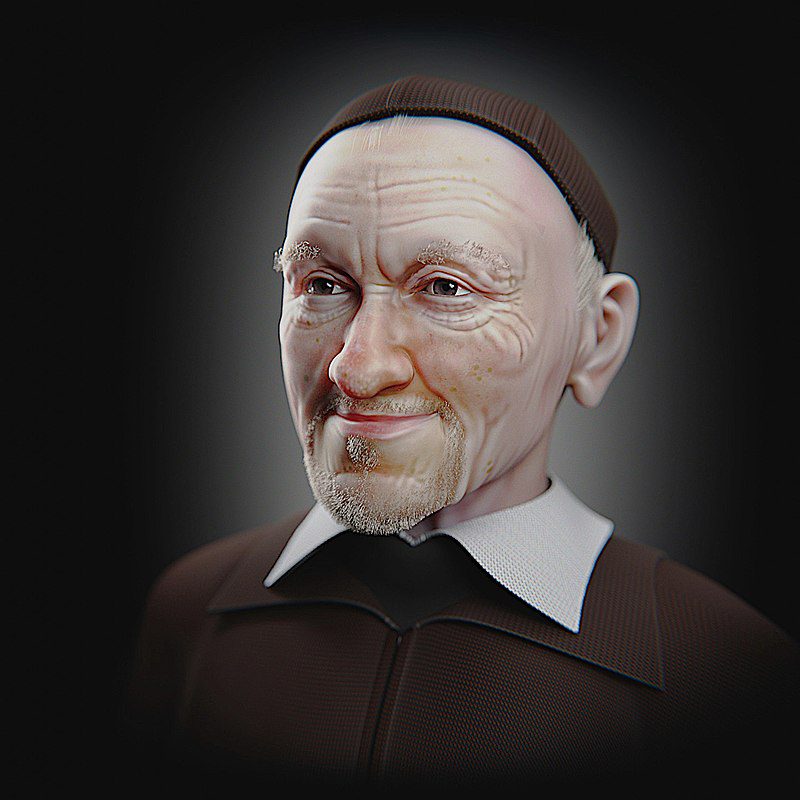The boy and the oasis: a fable of hope
In a certain location, there was a large desert. Wherever you looked, you saw nothing more than landscapes desolate with sand that attacked any living thing that tried to survive. Here and there, however, small groupings of elements could be seen: they were small villages, formed at the lowest points of the sand and stone mountains, where, somehow, it was possible to subsist.
These small villages maintained themselves at the expense of places where some underground water surfaced, or where water from scattered rains accumulated for some time. There was little water, a little muddy, and where men and animals drank water. Around this water, some vegetation grew and something was planted that was barely enough to feed everyone – men and animals.
This was the general situation of all these villages. With the little they knew, passed down between generations, they sought to maintain themselves and the muddy body of water. Life was hard and health was not good. They were all taught that only there would it be possible survive, because there was only sand and stones around, as well as other groups of similar situations.
Read too: Is it possible to practice mediumship at home??
Every now and then, one or another, tired of this situation, decided to leave the villages to look for something else. They did not conform to that life, but left aimlessly, without any knowledge of their surroundings. They never came back. Many died in the desert, without the possibility of surviving. Others ended up in other villages.
In one of these villages, there lived a boy, who was orphaned at an early age and, therefore, raised in common with other people. From a young age, taught about traditions linked to survival, he made an effort to help conserve the environment that allowed him to subsist, although he did not conform to that limited lifestyle. He was curious: he looked for ways to obtain more water, to grow more food... But everything was very limited and his efforts didn't go very far with the knowledge he had.
One day, walking around the edge of the village, a strong gust of wind, full of sand, brought with it something different: flower petals and some green leaves. He picked them up from the floor and analyzed them. They were different from anything else they had in that village and, on top of that, they were very vibrant and well developed. That aroused his curiosity. He quickly returned to his small hut, took a canteen of water and some food and left, without saying anything to anyone. He headed in the direction where the wind was coming from, not knowing what he would find.
The boy walked under the strong sun, always looking for signs of leaves and flowers, which he found here and there. Sometimes I almost lost hope when I found no signs of these elements anywhere. Without giving up, he expanded the width of his searches a little more, always trying to stay in the right direction. Soon, he would find a small leaf or petal that, although dehydrated, he recognized as being of the same type found previously.
Night came, and the boy settled down next to a rock, where he found some warmth to spend the night. He ate soberly and noticed that his canteen was already almost half full... The worry tormented him for some time, but he soon slept and, the next day, he resumed his walk. It went on like this for two more days…
For some time, in the middle of the third day, the boy walked in the known direction, but he no longer found signs of leaves or flowers. He walked further, broadened his search, but nothing. Desperation began to reach him, as his canteen now only contained muddy water and he was already very far from its origin. He knew that returning would be very difficult, if not impossible, as dehydration was already tormenting his body.
It was then that, falling to his knees in the middle of the sand, with tears in his dry eyes, anguished and without hope, a butterfly landed on his shoulder. Amazed, he stood up. He didn't know that insect with such beautiful flight. Something took over his being again and, with renewed enthusiasm, he decided to follow her. He walked a few hundred meters, and soon noticed other butterflies around. He noticed that the ground was beginning to change. Here and there, amidst the sand, which was beginning to become less soft, a kind of grass, somewhat dry, sprouted and resisted. He continued in that direction, and the landscape changed successively, until some thicker bushes began to appear and, further away, he seemed to see tall, dense vegetation... But the sun was beating him, dehydration made him dizzy and, consequently, Suddenly, a daze overcame him and he fell to the ground, believing that this would be his end.
Some time later, the boy woke up with his lips wet with fresh water. Confused, he noticed that he was leaning against a large tree, which provided cool shade. His eyes were blurry. He seemed to see some other people around him, but they were nothing more than blurred shadows. He rubbed his eyes, trying to see better, but to no avail. He felt someone approach and throw water on his face. He brought his hands back to his moistened eyes, wiped them and, little by little, he noticed his vision returning. That was when he managed to observe three people around him, carrying tools and some cloth bags. They smiled at him. One of them handed him a canteen, from which the boy drank greedily. The water was fresh, clear, like he had never drunk before, except when he managed to collect some rainwater.
He relished in that liquid and, in a few moments, he felt the energy returning to his body. He had strength and slowly got up. Those people approached and wanted to talk to him. Amazed, he noticed that they spoke his language, although with a different accent! They invited him to follow them, to which he promptly surrendered. They walked for some time in the middle of a beautiful forest. He noticed the perfume, the humidity that soothed his skin, the sounds of different animals and the wind rustling the leaves. He noticed, on the ground, flowers and leaves that he recognized. Nearby, he noticed a stream of clean, crystalline water running through the vegetation. What joy he felt at that moment!
They then arrived at the center of a village. Many people lived there, all of them healthy in appearance and with happy faces. There were also animals and, nearby, he saw lush and robust plantations, something completely different from the reality of his place of origin.
They then took him to a simple little house, where some people were gathered in happy conversation. They seemed to work collaboratively on food from the plantations. Those people quickly welcomed him. They gave him something to eat and drink, accommodated him as if he were one of their own, listened to his story and told him many things in return. There, the boy was taught that the water that rises to the surface comes from very deep, and that it finds an outlet there. That, to obtain more of this water, it would be necessary to dig a little more, cleaning the clay. That they could make wells, to obtain fresh and crystalline water and that, if the banks were taken care of, with the planting of certain plants and trees, little by little the body of water would gain volume and quality. They taught that food crops should come after these areas, so as not to facilitate evaporation. He quickly realized that it was exactly the opposite of what they were doing.
They also told the boy that these villages spread across the desert were originally formed by people from that place, a long, long time ago. They were people who, despite living and benefiting from the knowledge and production of that place, did little or nothing to learn and collaborate. Constantly invited to do necessary work, they decided to move away in a group and then decided to leave, with the intention of forming their own villages, where they believed they could do things better, and in another way. This happened many, many years ago and, since then, they have not seen them there anymore, although, from time to time, some brave individual would go out on a mission to look for them and help them: finding them, he would quickly be chased away by the ideas that I brought and had to return to that place.
The boy was very interested. I questioned, wanted to know more. He quickly understood that denied knowledge was the cause of the misery in which these villages or villages lived. He spent a few days there, but soon realized that he had to return, as he needed to share with his family everything he saw and learned. Once the decision was made, he left on his return trip, this time much more prepared, with plenty of food and water. He went without any major difficulties to his village of origin, where he embarked on a few days' journey.
Very happy and with renewed energy, the boy took to the sandy streets of the small village. His face expressed decision, although here and there he expressed some sadness at seeing his companions, sad and unhealthy, staring at him curiously. He tried, however, not to be too affected and, addressing the village chiefs, full of enthusiasm, he told them what had happened, asking for a meeting to be held that night, where he could explain to the others everything he had seen and learned. The village chiefs received his words with looks of astonishment and disbelief. In the end, they denied him the requested meeting, saying that it was all nonsense and that they were certain of the teachings of their ancestors, which they clung to with passion. Furthermore, they severely reprimanded him for leaving without warning, as he caused enormous concern among everyone in the village.
The boy couldn't believe it. Incredulous at that bitter reception, he took another path: he decided that he would try to gather some people himself and that, after that, if he was expelled for disrespect, he would have somewhere to go. So, he went out into the village streets. He found many life companions and, one by one, he briefly told his story and called them to a meeting in his hut. Many expressed a sparkle in their eyes, but said they did not feel strong enough to abandon their habits; others accused him of blaspheming the teachings of his tradition; Still others feared being expelled by the village chiefs for thinking differently.
When the time for the meeting arrived, he anxiously awaited the arrival of many... He waited, waited, but besides him, only two others showed up, childhood friends, shy and uncertain, but who realized the importance of what they heard, since they themselves thought that this situation and those teachings were not sufficient or correct. The boy was sad for a few moments, realizing that nothing would be easy. He saw the happiness of other people, who collaborated in an environment cared for by their own efforts. He saw the crystal clear water, while, on the table in his hut, there remained a jug of muddy water. He couldn't not try.
After a few moments, he made a different decision. He realized that that environment would not accept these truths until after a long time, and with the collaboration of people who understood the true and original ideas. He decided to invite those present to accompany him on the journey to that distant village. The two friends readily accepted the invitation. They wanted to learn more, they wanted to live better, and they understood that, to help those people, they would have to learn a lot more and become stronger.
So they left the next day. Already certain of his path, the boy made them travel more prepared and faster. They reached the edge of the forest in two days, without much difficulty. There, they soon found people who welcomed them and took them to the village, where they were all welcomed happily and integrated into the society there. In a short time, they learned a lot. They felt happy and content, as they did not live to subsist or to take care of themselves. There was genuine collaboration in the use and development of knowledge that allowed maintaining that great oasis, a true paradise in the middle of the desert. But this sense of collaboration told them, inside, that they couldn't have everything just for themselves, because, outside, their peers lived in complete misery and unhappiness.
So, after some time, these three formed an initiative, which was joined by other young people from that place: they should plan, from time to time, missions to these villages, seeking to win hearts through reason. Little by little, they mapped out several of them, where they went every year, trying to find ears willing to listen to them. In some of them, they found nothing but hostility, even being banned from one or the other. In others, they were accepted with caution, never finding anything more than coldness in their bosses, who nevertheless allowed them to speak. Of these, with certain rarity, they returned with a new companion, who often joined the same initiative.
And so they spent their years of life, seeking to do what they believed to be right, knowing that the distance between adulterated knowledge would one day be overcome and that, on that day, the forests would green up everywhere, progressively extinguishing the desert to give way to a new and healthy environment. One day…
The great oasis is Spiritism, whose teaching the Spirits come to transmit to us, in a collaborative effort. Pure water is the knowledge resulting from this effort, constructed in a methodological and scientific way. The boy is everyone who perceives this distance between the spiritist movement and Spiritism. The villages are groups of spiritist followers where Kardec is not spoken of and where questioning is seen as subversive and readily restrained. The desert is the current situation in our world.








